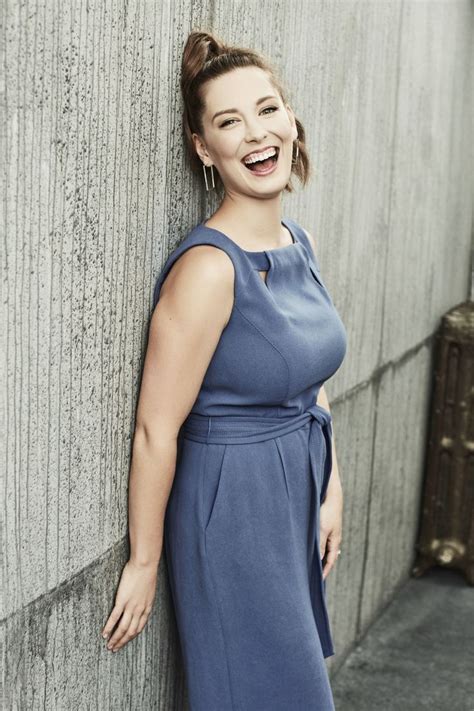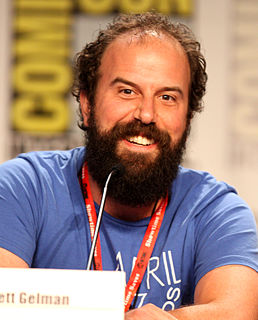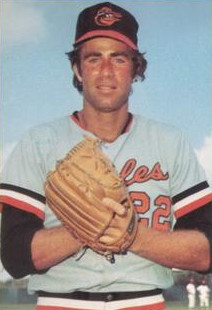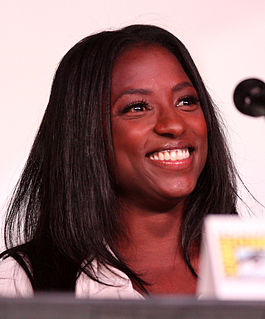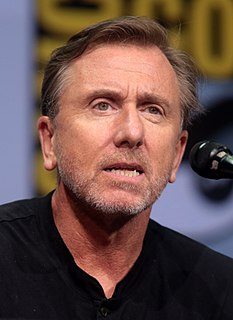A Quote by Briga Heelan
With the wacky jokes that we do on 'Great News,' you do overall still want to be coming from a place of truth with your character because, otherwise, it's just off the walls.
Related Quotes
I was kind of scared at first to do that [vice-over] because when you're on set, a lot of the things going on around you - the environment and playing off other actors - and that's what makes it easier and helps you to be in your character. So, realizing you're not going to have that and you're going to be secluded in this booth, it's like, "How am I going to be a character when I'm just in these walls?"
I just want to continue adding walls to my craft as an artist and business man. I never want to cap off, I never want to seal it. I just want to keep adding walls and keep on going as high as it can go, but I'm never gonna be boxed in, can't. That's when you lose because when you box yourself in, you know you get comfortable, you start getting complacent. I can't be like that.
I'm confused about who the news belongs to. I always have it in my head that if your name's in the news, then the news should be paying you. Because it's your news and they're taking it and selling it as their product. ...If people didn't give the news their news, and if everybody kept their news to themselves, the news wouldn't have any news.
I found that most people don't really want to know the truth. There are plenty of people who want to know the truth on their terms or require that the truth be contained within certain boundaries of comfort. But truth can never be known this way. You have to seek truth from a place of not knowing, and that can be a very threatening place because we think we already know the truth or we are afraid of what the truth might be.
I think you should identify with your character, but plenty of people like themselves and hate themselves. You just have to find out what's truthful for the person you're playing. When people talk about that, I think what they're saying is that as an actor, as Peter, you don't want to make a judgment that comes from your worldview about the character. Your judgments should be coming from the place of the character, and within that space, sure, you could love or hate yourself or whatever you think is most appropriate.
I feel a lot of personal responsibility to undo the negative stereotypes. I know that it's not coming from a bad place. It's coming from an ignorant place. I can sort of be an ambassador in a subtle way to say, "This is what I am: a comedian, a show host, a writer." It will still always be part of the conversation and people will want to focus on it because there is a culture that is so embedded that if you have a disability, you're someone to be either admired just for living, or be pitied for having to struggle.
I would tell startups to just keep your head down, keep building. Your contingency plan, if you have one, should be because you are still spending more than you make and you still don't have a line of sight for that J curve. That is the most important contingency. Because otherwise you are betraying that equation to your cofounders, to your investors, to your employees and to your customers.
When something arrives, you have no idea what's in it, which is good. And then, it's is the story leaps off the page at you and how your character functions within it. There could be just one scene and if it's wonderful, it doesn't matter how much you're working on it because you just want to be in it. It's really about what your character's day to day world looks like, and if you feel like that's something that's complete, and that you'd like to inhabit for awhile. You'll know by a couple of scenes in. If the character grabs you, you run with it.
I don't know if I'm selfless - I still want to make a great record. I want to make a hit record. I want to tour; that's not completely selfless. But the truth is I'm not interested in people coming to my show for me as much as I am for them coming to my show for themselves. That's always been how I am.
